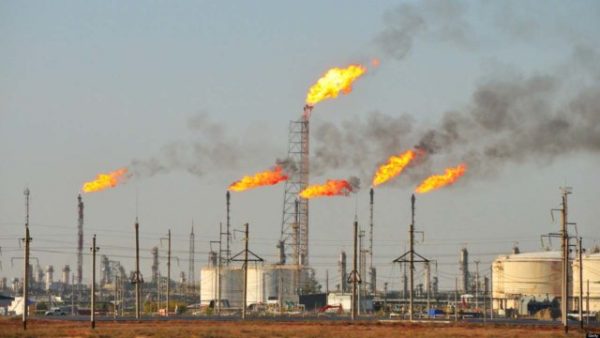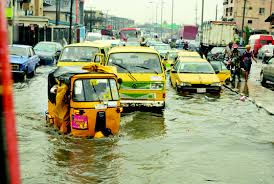Gas Flaring In Nigeria: Blessing or Curse?

Following the Minister of State for Petroleum Resources, Timipre Sylva’s recent disclosure that the Federal Government is working with critical stakeholders in the oil and gas industry to convert the massive amount of flared gas to affordable electricity for Nigerians raises some fundamental questions: Has government dropped the idea of curbing gas flaring now that it wants to use the flared gas to generate electricity? How does the government want to achieve this objective?
Government had earlier focused on reducing gas flaring with different timelines set to no avail, even as the problem persists with massive environmental pollution in the Niger Delta region.
Thereafter, the huge revenue receipts by the government from penalty payments by the oil and gas companies appear to have shifted focus to the revenue to the detriment of the environment, which is the main issue. It will be unfortunate if non-compliance with approved standard procedures of oil exploitation becomes a major source of revenue, thereby making gas flaring acceptable.
Moreover, at a time when energy pundits are advocating energy mix to include solar, wind, thermal and other renewable sources, government is still hyping on gas when virtually all the Independent Power Projects (IPPs) begun by the Obasanjo administration that are gas-dependent have not added only a little value. The latent turbulence in the Niger Delta cannot guarantee gas supply at all times.
Nigerians can only adopt a wait-and-see attitude against the backdrop that virtually all the promises made by the government on gas flaring in the past have not worked. Nothing has changed. It is, therefore, not clear how the new move announced by Sylva is going to be accomplished. What new policy thrust is there that would make this proposition realizable is yet to be seen. Besides, there is no known policy instrument that could drive the proposal. The Petroleum Industry Bill (PIB) that could provide such a framework for action has not been passed. In a way, the oil and gas industry is running on autopilot with no sense of direction.
Sylva, who spoke at a recent Society of Petroleum Engineers (SPE) Summit in Abuja, reiterated that the growth of the Nigerian economy is hinged on constant power supply, which is not in doubt. But the inability to redeem the electricity sector has remained an albatross on the neck of the authorities.
According to him, Nigeria has favourable conditions to bring electricity to its citizens at modest costs compared to many other nations, adding that the development of an optimal framework for electricity generation based on natural gas would create a strong basis for providing electricity to all Nigerians. Unfortunately, the gas is being flared without adding value. For instance, the National Oil Spill Detection and Response Agency (NOSDRA) had in its gas flare tracker declared that oil and gas firms flared 475.6 billion standard cubic feet, BCF, of gas in 2019, an equivalent of 47,600 gigawatts of electricity hour. This is a huge waste even as the country grapples with the burden of low power generation.
The Minister added that the cardinal objective of the Federal Government as regards gas utilisation was reforming and implementing the promotion of a market structure in a manner that would ensure the utilisation of gas infrastructure, assets, and facilities on a common carrier and co-sharing basis.
Mr. Silva said strategies that would promote the cost-effective distribution of the various gas streams by marine, rail and road for achieving the most affordable, available, acceptable and accessible gas to Nigerians would be formulated.
The truth is that the gas-flaring situation remains problematic. In fact, it may have worsened with all the unclear side talks on how to use the flared gas. Perhaps, gas flaring can be a blessing rather than a curse.







